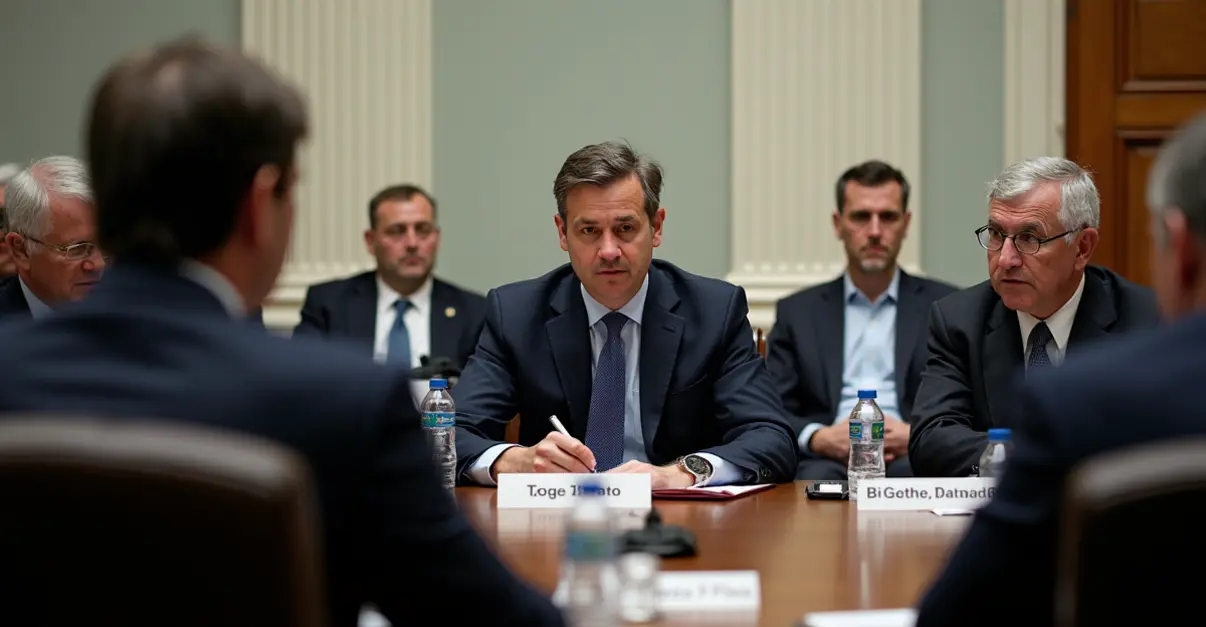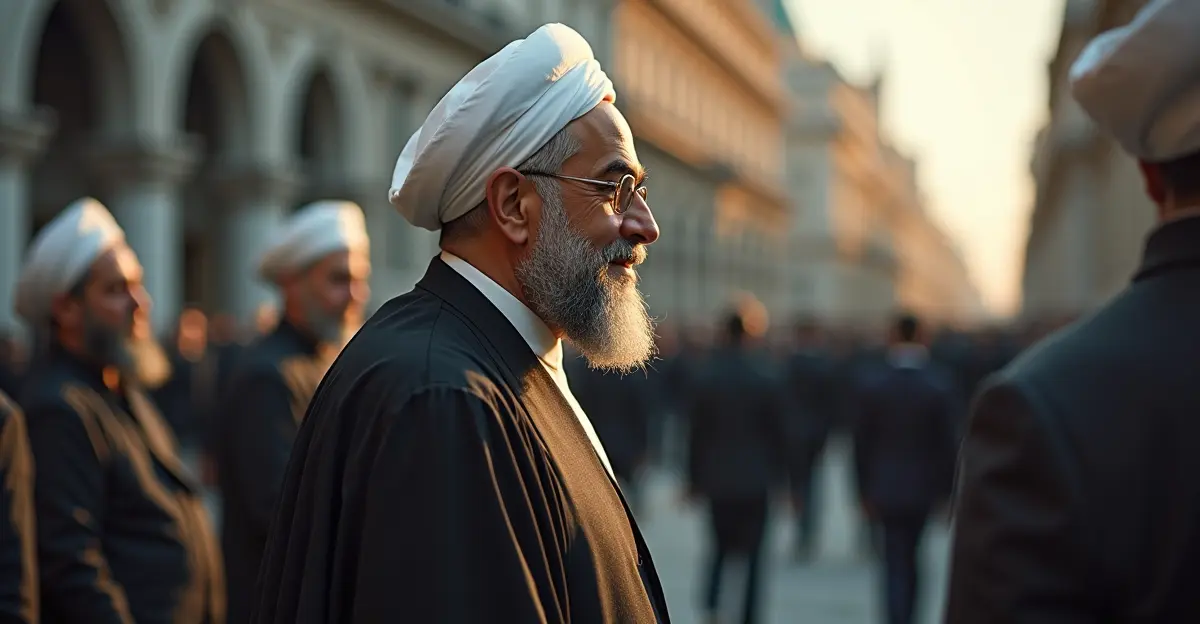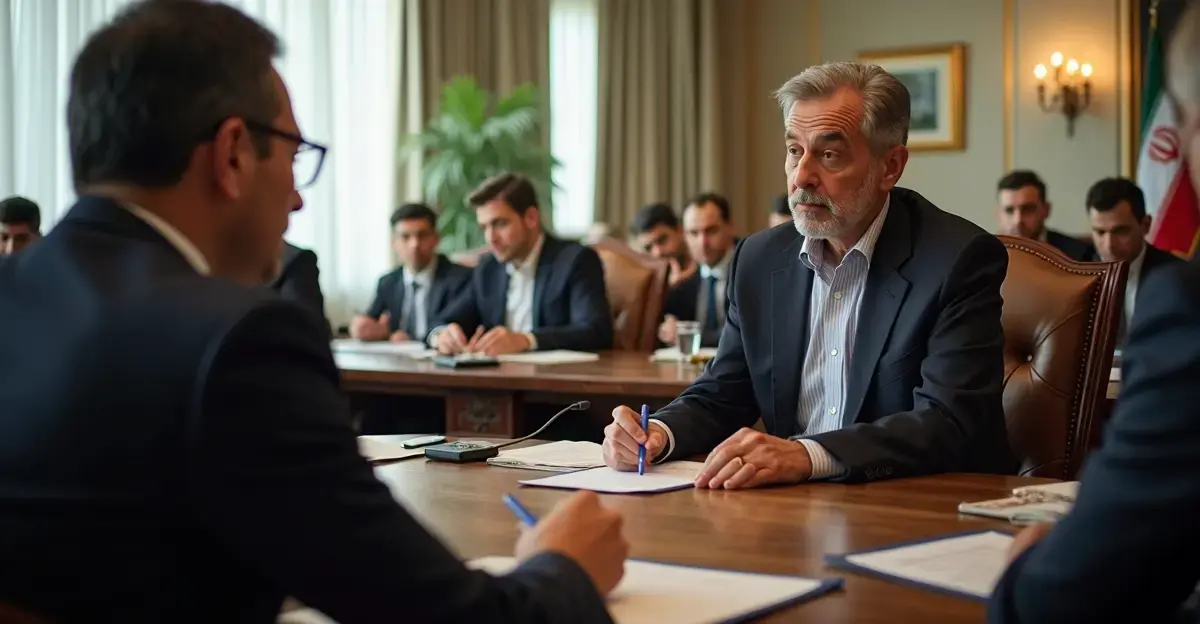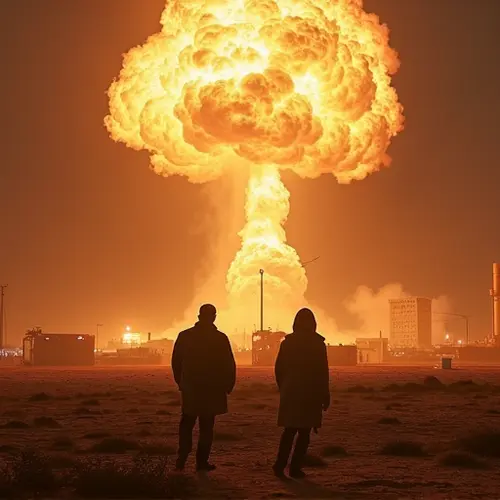European Nations Trigger Snapback Mechanism Against Iran
France, Germany, and the United Kingdom have initiated a diplomatic campaign to reimpose United Nations sanctions on Iran due to concerns over its nuclear program. The three European powers, collectively known as the "E3," are activating the snapback mechanism established under the 2015 Joint Comprehensive Plan of Action (JCPOA).
UN Security Council Emergency Meeting
The United Nations Security Council will convene an emergency session on Friday to discuss the proposed sanctions package. French Foreign Minister Jean-Noël Barrot announced the move on social media platform X, stating that Iran's refusal to cooperate with International Atomic Energy Agency (IAEA) inspectors necessitated immediate action.
Iran's Non-Compliance with Nuclear Inspections
According to diplomatic sources from the E3 countries, Iran has systematically obstructed IAEA monitoring activities designed to verify that its nuclear program remains peaceful. The IAEA inspectors are responsible for ensuring Iran does not develop nuclear weapons capabilities.
Iranian Response and Diplomatic Tensions
Iranian Foreign Minister Abbas Araghchi condemned the proposed sanctions as "unjustified, illegal, and without any legal basis" during telephone conversations with his European counterparts. Araghchi warned that "Iran will respond appropriately to this unlawful and unfounded measure," indicating potential escalation in the ongoing nuclear standoff.
Snapback Mechanism Explained
The snapback provision, embedded in UN Security Council Resolution 2231, allows for the automatic reinstatement of previous sanctions if Iran violates its nuclear commitments. This mechanism was specifically designed to prevent veto powers like Russia and China from blocking sanctions against Iran.
Previous Sanctions and Current Measures
The UN sanctions that could be reinstated include arms embargoes, restrictions on ballistic missile development, travel bans on sanctioned individuals, and freezing of Iranian assets abroad. These measures were originally imposed between 2006 and 2010 to pressure Iran's economy and nuclear ambitions.
Diplomatic Efforts Continue
Despite the sanctions push, European ministers emphasized that diplomacy remains open. Minister Barrot stated, "These sanctions do not mean the end of diplomacy. We are determined to do everything in the next thirty days to engage in dialogue with Iran." The United States has expressed support for the E3 initiative while maintaining openness to negotiations.

 Nederlands
Nederlands
 English
English
 Deutsch
Deutsch
 Français
Français
 Español
Español
 Português
Português










